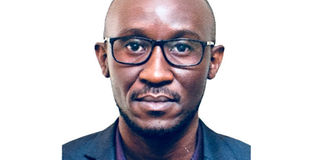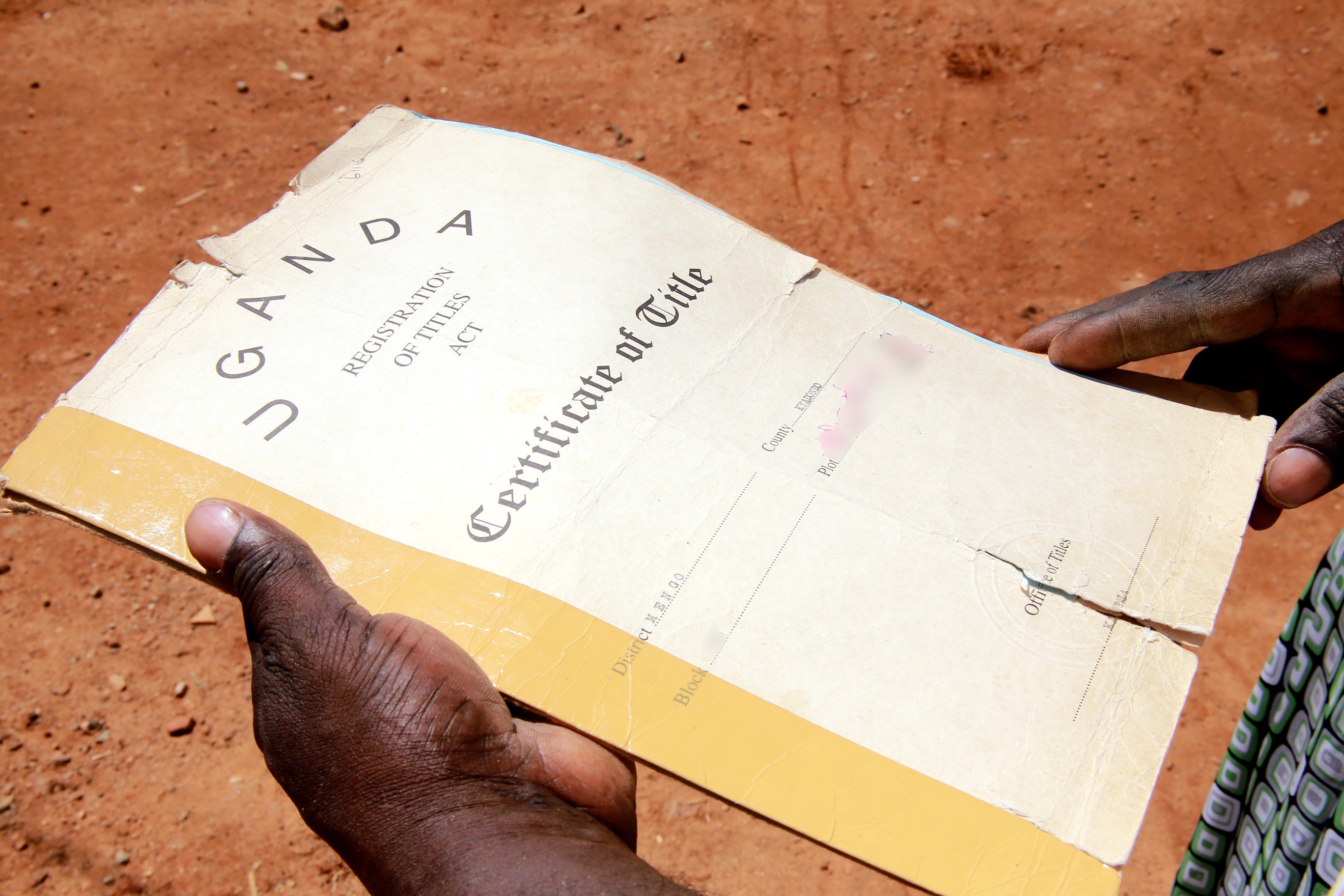China offers Africa good example of how to deal with the West

Kaboggoza Kibudde
What you need to know:
Humiliated. From 1839 to 1949, China was invaded, occupied, and repeatedly violated by Western powers and Japan. Chinese endured humiliation and brutality, especially at the hands of the Japanese.
One of the most humiliating experiences for an African seeking to visit a First World country is the visa application process. Irrespective of your intentions or circumstances, the visa officer will automatically assume that you are not only a liar, but a pauper trying to flee from Africa. If you are content and committed to living in Africa like this writer, there could be no greater insult.
And yet, it’s understandable why First World countries look at every African as an aspiring immigrant. News about Africa is awash with stories of disease outbreaks and unbridled poverty.
What doesn’t make sense, however, is the lack of transparency and consistency in visa decisions. Applications are rejected haphazardly for vague reasons, including but not limited to how the visa officer feels. Sometimes, it even seems like a money-making scheme. For example, they can reject your initial application without the option of appeal. But if you make a second payment and reapply using the same information you provided in the first application, you can get accepted.
Expectedly, it is common for people to come out feeling insulted, cheated and angry. Indeed, many rejected Africans resort to moral crusades and ranting on social media. In the end, this is a game of power, not morals.
If we consider Uganda and the USA, we see that the USA is several-fold larger than Uganda in terms of economic power, military power, land size, and population. Together with other global powers, it can shape the world economy and lead responses to global disasters, including threats from space. It is, therefore, arrogant of us to demand the USA (or any global power) to treat Uganda as an equal beyond fundamental human rights and legal equality under current international law.
So how can Uganda challenge unfair treatment by rich countries? The word is capacity. Why? Because those with capacity do not need to beg for respect even when they are not loved. Think of Russia and China, who the USA respects despite disliking them. Such power is not born out of pleading, begging, or appealing to morality, justice, or love. It is born out of being needed or being feared.
From 1839 to 1949, China was invaded, occupied, and repeatedly violated by Western powers and Japan. Chinese endured humiliation and brutality, especially at the hands of the Japanese who considered them as inferiors. China became politically fragmented, with Chinese fighting not only against imperial powers but amongst themselves. This painful period would go on to leave a permanent mark on Chinese and would come to be known as the “hundred years of national humiliation”.
In many ways, Africans suffered similar atrocities at the hands of imperialists. But when it came to responding, particularly after gaining ‘independence,’ Africans chose to look outside, and Chinese decided to look within. Africans embarked on a moral crusade and continue to do so by throwing pity parties. We ‘demand’ reparations for past injustices and beg to be treated as equals by superpowers despite a gaping disparity in capacity. We agitate for African representation in international bodies, but without real power, our presence in such organisations remains mostly ceremonial.
China, on the other hand, did not seek mercy or pity from anyone. It looked to correct its core weaknesses, which had led to its earlier humiliation. It focused on building its economic, technological, and military capacity. And although it made many mistakes, China emerged from the rubble a global power.
Similarly, the new-wave of pan-Africanists must look in-ward, gain competence, and work towards adding value to the world economy. However, the quality of goods and services within Africa must also improve for this to be sustainable.




